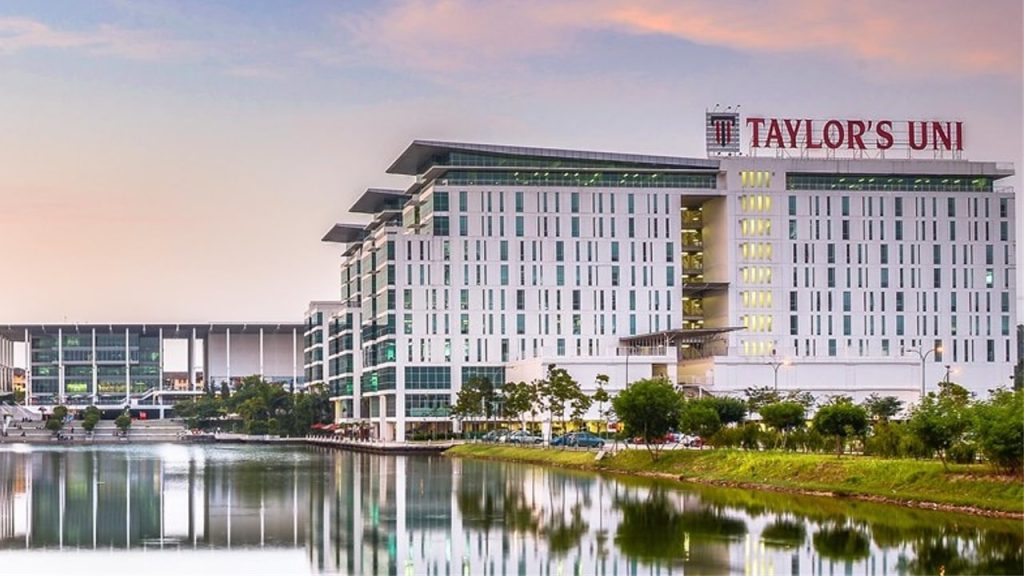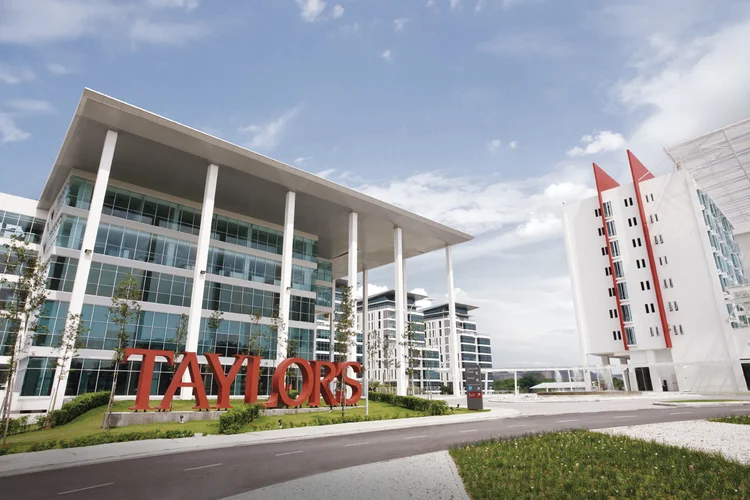OVERVIEW
Offered in partnership with the University of Toulouse – Jean Jaures, School of Tourism, Hospitality Management and Food Studies (France), this Master of Food Studies and Gastronomy enables students from diverse backgrounds to incorporate the social and cultural aspects of food into their professional practices.
This exciting and dynamic programme encompasses a wide range of disciplines, including humanities, social sciences, nutrition, public health, gastronomy, cultural heritage, tourism, food security, sustainability, and food safety.
School
Food Studies and Gastronomy
Intake Month
February, April, June, September and November
Study Options
Full time or part time
Dual Award
by University of Toulouse Jean Jaurès (UT2J)
Practical Input
From industry professionals
20-week
Professional Internship
Study Programme
1 to 2-year (full time) or 2 to 5-year (part time)
Field Trip
Explore Food and Culture through a global immersion field trip in France
Interested to know more? Start your journey with us now.
PROGRAMME OVERVIEW
PROGRAMME STRUCTURE
Programme Structure
Year 1
- Food Studies and Gastronomy: Theories and Practices
- Research Methods for Food Studies
- Food Systems: Social Organisation and Design
- Gastronomy, Heritage and Tourism
- Modernization of Food and Gastronomy
- Food Consumer Studies
- Data Collection and Analysis for Food Studies
- Food Cultures and Health
Year 2
- Food Globalisation
- Global Immersion Field trip in Food & Cultures
- Dissertation
- Internship
Dissertation
The Dissertation includes:
- Presentation of proposal at the Graduate Research Seminar (GRS)
- Submission of a 20,000 to 24,000 words dissertation
- Final presentation at the oral defense
Global Immersion Fieldtrip in Food & Cultures
Internship
- Integration of theory into practical applications is complemented with a 20-week internship.
- Students are encouraged – but not limited – to undergo their internship at an organisation of their choice, either nationally or internationally in sectors such as Food Service and Agri-Business; Heritage, Tourism and Local Development; Nutrition & Public Health; and Hospitality.
- Students with relevant work experience can be exempted from the internship.
- A Bachelor’s degree (Level 6, MQF) in the field or related fields with a minimum CGPA of 2.50, or its equivalent, as accepted by the HEP Senate; OR
- A Bachelor’s degree (Level 6, MQF) in the field or related fields or its equivalent but not meeting a CGPA of 2.50 can be accepted subject to a minimum of five (5) years of working experience in a related field; OR
- Students without a qualification in the related fields or relevant working experience requires to undergo and pass a bridging module; OR
- Students without a related degree but with relevant working experience requires to fulfil the following conditions:
a) CGPA above 2.50 must have at least one (1) year of relevant working experience; or
b) CGPA 2.00 to 2.50 must have at least five (5) years of relevant working experience; - In addition, students will need to undergo a rigorous internal assessment
- English Requirement for International students: IELTS 6.0 / TOEFL 60 (Internet Based Test) (May join IEN preparatory course and achieve the IELTS score) The validity of the IELTS or equivalent is within 2 years from the date of the examination.
Notes
- All information is subject to change. The above entry requirements serve as a guideline. Readers are responsible for verifying the information by contacting the university’s Admissions Department.
Graduates are expected to venture in the academia, industry, government and non-governmental organisations, or major food industries at the local, regional or global level. Dependent on their initial background, when successfully completed this programme, graduates could advance to any of these exciting careers, including:
- Food & Beverage business and market analysts
- Training and consultancy in food organisations
- Food & Beverage consultant and advisor
- Media, social, and cultural analysts
- Operation and management in the Food & Beverage industry
- Food and gastronomy researchers in think tanks, research centres
- Regulatory affairs officer, and quality assurance professionals
- Research Departments of governmental or non-governmental organisations














